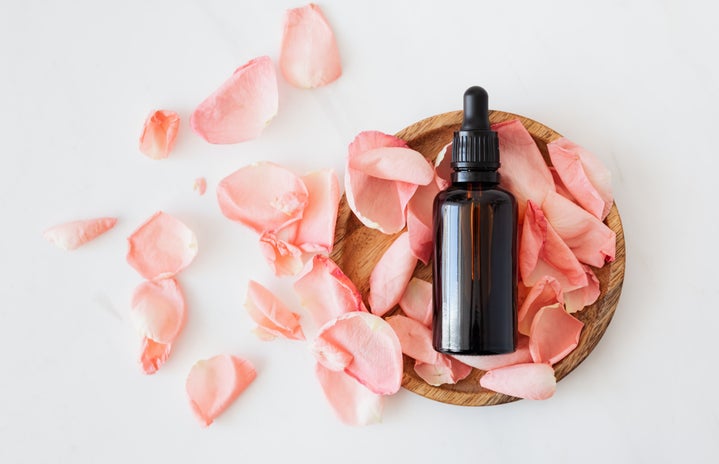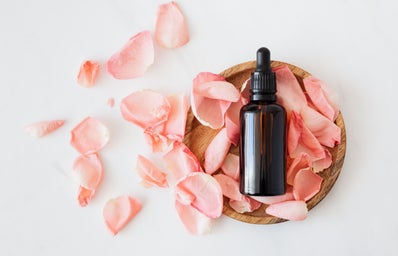The recent boom in the multi-billion dollar beauty industry due to the prevalence of social media influencers has sparked intrigue at the many confusing keywords floating around in the market, such as “vegan”, “cruelty-free”, “reef-safe” and even “organic”, with each promoting different benefits. Clean beauty, in particular, is another trend that has been receiving attention, due to its claim that it is better for your skin because it’s natural. While celebrities like wellness-enthusiast and reality TV star Kourtney Kardashian swear by these “clean” products for healthy and glowing skin, its trend status and relatively high prices cause many to doubt its legitimacy.
Clean beauty is supposedly formulated without harsh chemicals, reportedly making it safer for users to use. Consumers are increasingly made aware of beneficial and harmful ingredients in skincare due to information on the internet, explaining the spike in sales of clean beauty products, from brands such as Drunk Elephant and Farmacy. We have a list of some of the chemicals below and their harmful side effects.
- Fragrances. While some prefer their skincare to smell pleasant, most fragrances in skincare contain a dangerously high alcohol content, which can dry out the skin.
- Parabens (propylparaben or isobutylparaben). Parabens are often used in creams as preservatives to extend their shelf life, but mimic the estrogen hormone, and are believed to contribute to breast cancer.
- Sodium laureth sulfate (SLS). A cheap foaming agent commonly used in shampoos and soaps, it has a harsh stripping effect on the skin and hair in high concentrations. SLS should be avoided by those with easily irritated skin or those who experience eczema.
- Talc. Found in powder-type makeup like face powders, blushes, and eyeshadows, unpurified talc can contain traces of asbestos, a human carcinogen, or cancer-causing substance.
In light of the trend, sceptics have raised the question: “Are chemicals truly bad for our skin?” After all, the mainstream market has survived decades without the “clean” label, while products that are proven to be dangerously harmful (such as lead) have already been banned by the FDA. To answer the question, many science experts say the answer varies depending on the individual, and the nature of the chemical itself.
Mineral oils, for example, were a problem for some in the 1950s, as companies used industrial-grade oil to formulate its products, resulting in severe cases of clogged pores. However, mineral oil today has been developed multiple times into a “non-irritating as well as non-clogging” ingredient, making it safe to use. In fact, it is helpful especially for those with dry skin, as it is an occlusive, which locks moisture into the skin and prevents it from escaping. On the other hand, Sodium laureth sulfate (SLS), which is a common “enemy” of clean beauty advocates due to its reputation of being drying and harsh on eczema-prone skin, does not actually cause harm in low concentrations or as long as it is washed off properly.
In fact, many natural products that bloggers swear by, such as coconut oil as a natural and “safe” way to remove makeup, has caused increased skin concerns for others, such as clogged pores and the worsening of acne. Similarly, certain essential oils (citrusy ones like orange, lemon, and others) are surprisingly irritating and harsh on the skin due to its concentrated nature.
So, are clean products necessarily better, and should you spend your hard-earned money on a pricey product that may not yield a better result? According to the experts, there is no need to rush to switch out all your regular skincare products for “clean” ones if you don’t experience problems. The accelerated rise of the internet, the beauty industry, and confusing keywords are a big influence on consumers’ choices to purchase items in the case of clean beauty, where beauty companies ‘hop onto’ trends and actively market them to consumers who may not understand that “clean” products may not necessarily be better at a high price.


